Do Nipple Piercings Close? Know The Real Facts
Learn how to make those delicate piercings last.
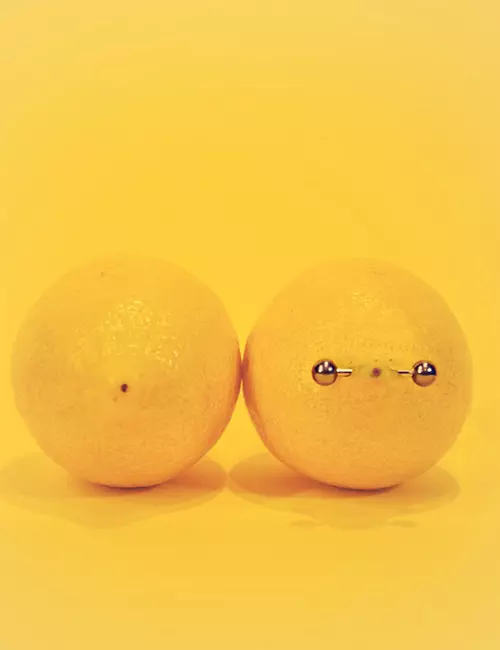
Image: Shutterstock
Nipple piercings, a form of body modification, intrigue many individuals due to their aesthetic appeal and edgy form of personal expression. However, the permanence of these piercings are also often questioned. People often wonder, do nipple piercings close with time? How long before they disappear? This curiosity establishes a need for deeper examination of the nature of nipple piercings and their potential outcomes. This guide offers valuable insights into these edgy piercings and ways to make them last. Keep reading to know more!
In This Article
Why Do Nipple Piercings Close Up?
close up due to the body’s natural healing process and tendency to treat foreign objects as potential threats. When the piercing jewelry is removed, the nipple tissue recognizes the piercing as a wound and begins to repair it by forming new tissue. Over time, this tissue growth can gradually close the hole that the piercing leaves.
Factors such as the length of time the piercing has been in place, individual healing time, and aftercare practices influence how quickly the piercing closes. Proper care and attention can help slow down this closure, but ultimately, it is a natural phenomenon driven by the body’s healing process over which we have very little control.
A blogger shared her experience of getting her nipples re-pierced over her scarred tissue, after her first piercing did not heal well due to the jewelry used. She writes, “The first thing I saw was that circular barbells are not recommended for big breasts or nipples.” She observed that the best jewelry is a curved or straight barbell, stating, “I don’t find that the scar tissue made the piercing any worse than it was the first time, in fact, it hurt less than the first time (i).”
Even if your body works against you when it comes to these piercings, it does not happen overnight. The section below will give you an estimate of the closure timeline.
Key Takeaways
- Nipple piercings, like any other piercings, may close if not properly cared for, and it may happen within a day.
- They close up due to the body’s tendency to treat the piercing as a foreign object and push it out for healing.
- Closure varies on factors such as the age of the piercing, the body’s healing rate, and aftercare practices.
- Regular cleansing of the nipple piercing with saline solution or mild soap helps prevent infection, inflammation, and possible closing.
How Long Does It Take A Nipple Piercing To Close?
The timeframe for a nipple piercing to close varies from person to person, and depends on several factors. If your piercing is new, then it may close in under a day upon removal of the jewelry, as nipple piercings are the first and fastest to heal. Generally, if you have had the piercing for a shorter period, like a few months, it may take close to a few weeks to a couple of months after removal. So, do nipple piercings close after years? The answer is also yes; if you have had the piercing for several years, it may take longer for the hole to close completely, ranging from several months to a year or more. But close it shall. However, it is essential to note that the piercing hole may not completely disappear once removed and leave behind a small scar or indentation.
As your piercing ages, numerous other factors may affect nipple piercing closure rates. These include your age, overall health, and lifestyle. For instance, younger individuals may experience faster closure due to their skin’s natural elasticity and wound-healing abilities. Someone who is older, on the other hand, may find that their piercing takes longer to close, as the skin becomes less pliable with age and the body’s healing processes naturally slow down (1). Similarly, people who smoke may also experience slower closure rates, as smoking impacts circulation and overall healing (2).
 Trivia
TriviaWhile it may take days, weeks, or months for your nipple piercings to close, several factors may affect its closure. Check below for some points to keep in mind to avoid re-piercing hassles in the future.
Factors That Cause Nipple Piercings To Close
Exploring why a nipple piercing closes involves understanding various influencing factors. Following are some key reasons behind nipple piercing closure:
- Natural Healing Process: Your body perceives the piercing as a wound and initiates the healing process by forming new tissue around the piercing site. This tissue growth gradually closes the hole left by the piercing.
- Duration Of Piercing: If you have had the piercing for a short period, such as a few months, the hole may close more quickly after removal of the jewelry, as compared to piercings that have been in place for several years.
- Individual Healing Rates: Each person’s body heals at a different pace. Factors such as overall health, immune function, and genetics contribute to how quickly your body repairs and closes the piercing hole.
- Irregular Aftercare Practices: Understanding nipple piercing aftercare is crucial. Not indulging in proper aftercare, as suggested by your reputable piercer, including cleaning the piercing regularly and avoiding activities that could irritate or damage the area, can hasten the closure process by promoting healthy tissue regrowth.
- Premature Removal Or Jewelry Changes: Removing the jewelry too soon or frequently changing it can disrupt the healing process, causing the hole to close faster than expected.
- Trauma Or Injury: Any trauma or injury to the pierced area, such as accidental snagging or forceful impact, triggers the body’s defense mechanisms, leading to accelerated closure as a protective response to potential harm.
Understanding these factors can empower you to take appropriate measures to prolong the life of your nipple piercing. While removing the body piercings for a long while may close the piercing holes, you can leave them off for a short while. Learn below about the perfect duration to suit your needs.
How Fast Do Nipple Piercings Close After Removal?
Nipple piercings can close relatively quickly after removal, typically within a few weeks to a couple of months. While several factors affect the closure of the piercing hole, shorter durations between getting pierced and removal may result in faster closure, while individual healing rates influence the overall timeframe. Consistent aftercare, including proper cleaning and avoiding irritating the area, can slow down the closure process. However, it is essential to note that the exact duration for nipple piercing closure varies from person to person, and it is best if you keep a close eye on it.
 Did You Know?
Did You Know?While removing your nipple piercing for a short while is okay, it is best to monitor the pierced area closely. In case your nipple piercing hole closes, the tips mentioned below can help you deal with the situation.
What To Do When Your New Nipple Piercing Close Up?
If your fresh piercing has closed up, it is essential to take appropriate steps to address the situation promptly. Follow these pointers to navigate the next steps effectively:
- Do Not Re-Pierce: Avoid attempting to re-pierce the closed hole yourself, as it can lead to further complications and increase the risk of a piercing infection.
- Consult A Professional: Visit a professional piercer or a healthcare professional experienced in piercing to assess the situation and determine the best course of action. They can help you determine whether your piercing hole has truly closed or not. An experienced tattoo artist, Eve Phillips, says, “In many cases, the piercer may find that the hole has not closed but has only tightened a bit. They can gently stretch it out again.”
- Discuss Other Options: Discuss potential options with a professional in a reputable piercing shop, which may include reopening the piercing, if deemed feasible, or exploring alternative piercing locations, if necessary.
- Follow Aftercare Guidelines: If the piercing is reopened, diligently follow the aftercare instructions provided by the professional to promote proper healing and prevent future closure.
- Monitor For Infection: Keep a close eye on the pierced area for signs of infection, such as redness, swelling, or discharge, and seek medical attention if any concerns arise (3).
Like with any piercing, it is best to seek professional help rather than trying to go about it on your own. If you wish to avoid such problems, follow the tips below for a seamless piercing experience.
How To Keep A Nipple Piercing Open?
To maintain a nipple piercing, and ensuring it remains open requires consistent care and attention. Follow these essential tips to preserve the piercing’s integrity and prevent closure:
- Consistent Wear: Keep the jewelry in the piercing at all times to prevent the hole from closing.
- Proper Aftercare: Clean the piercing regularly with sterile saline solution or antibacterial soap and warm water to avoid the risk of infection and promote healing (4). Avoid using harsh products like hydrogen peroxide or alcohol.
- Avoid Irritation: Be cautious with clothing and activities, including those involving soaking in bodies of water, that could irritate or snag the piercing, as this may prompt the body to close the hole as a protective measure.
- Regular Movement: Gently move the jewelry in the piercing to prevent it from getting stuck to the surrounding tissue, which can contribute to closure.
- Monitor For Changes: Keep an eye on the piercing for any signs of infection or changes in the healing process, and seek professional advice if needed.
Infographic: 5 Common Causes Of Nipple Piercing Closure
Nipple piercings are a bold choice. However, like all other piercings, they are prone to the risk of closure. This can happen due to several reasons, ranging from your body’s natural healing processes to poor aftercare. Some of these are discussed in the infographic below. Check it out to understand them and prevent your nipple piercings from closing.
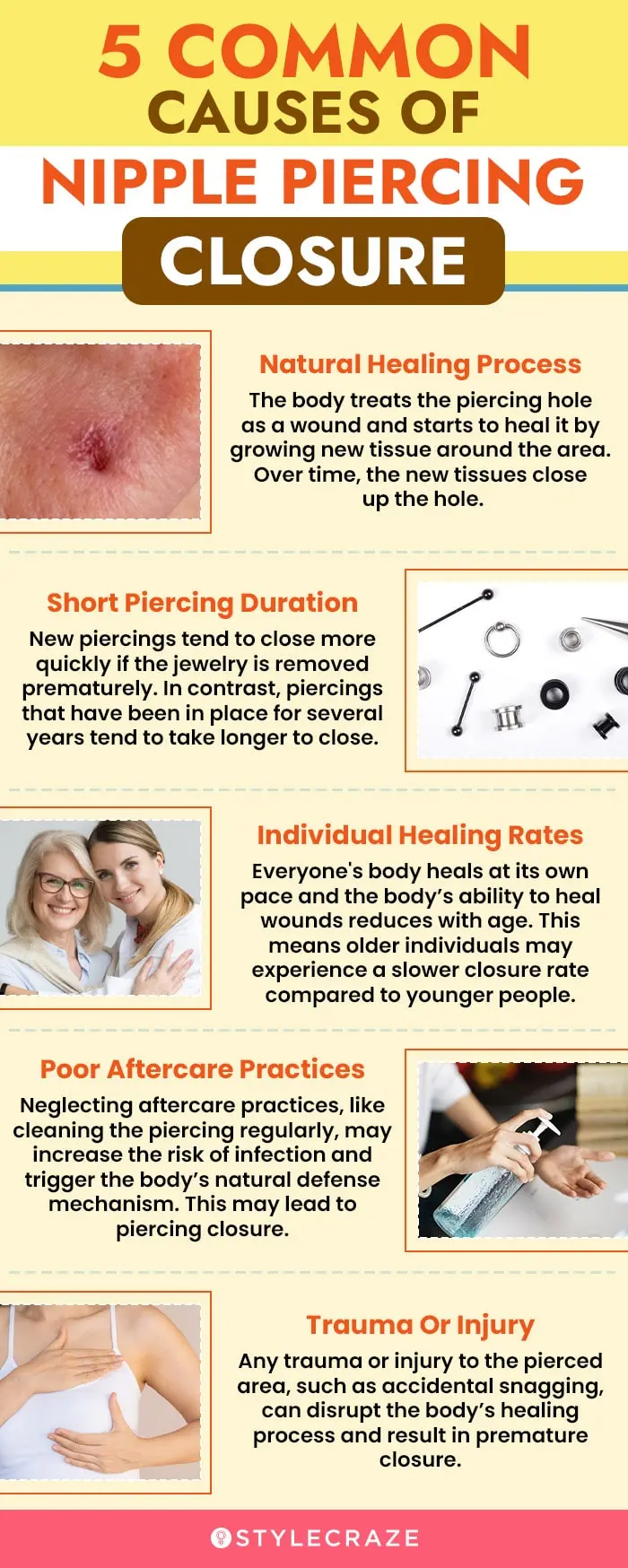
Illustration: StyleCraze Design Team
Maintaining a nipple piercing requires consistent care. By following the tips mentioned above, you can prolong your piercing and minimize the risk of closure. Keep your piercing healthy and open by regularly cleaning it twice a day with saline solution or a mild soap. Remember to wear your jewelry consistently and avoid activities that may irritate or snag on it. The gentle movement of the jewelry can also help prevent adhesion to surrounding tissue and avoid closure. Additionally, monitor the piercing for any signs of infection or changes in healing. If you face any problems, it is best to contact a professional body piercer for instructions. By incorporating these practices into your routine, you can prolong the life of your fresh nipple piercing for years to come while reducing the likelihood of it closing prematurely.
Frequently Asked Questions
Will my piercing close up overnight?
No, your piercing will not close up overnight if you do not remove the jewelry, or if it is an older piercing. The closure process takes some time and varies from person to person. Consistent care and attention can help maintain its openness.
Will my nipple piercings close if I’ve had them for a long time?
The likelihood of your nipple piercings closing after having them for a long time depends on individual factors. If you are consistent with your aftercare practices and wear jewelry then it can help maintain their openness.
If you are just getting your nipples pierced and are worried about the maintenance, then look no further. The video below features an experienced piercer who discusses aftercare instructions that you can follow to help with the healing. Click play to find out!
Personal Experience: Source
StyleCraze's articles are interwoven with authentic personal narratives that provide depth and resonance to our content. Below are the sources of the personal accounts referenced in this article.
(i) Re Piercing my Nipples Through Scar Tissue Ouch
https://intimbpl.wordpress.com/2010/02/10/re-piercing-my-nipples-through-scar-tissue-ouch/
References
Articles on StyleCraze are backed by verified information from peer-reviewed and academic research papers, reputed organizations, research institutions, and medical associations to ensure accuracy and relevance. Read our editorial policy to learn more.
- Aging and wound healing of the skin: a review of clinical and pathophysiological hallmarks
https://pmc.ncbi.nlm.nih.gov/articles/PMC9784880/ - The effects of tobacco use on health
https://www.ncbi.nlm.nih.gov/books/NBK310413/ - Body piercing
https://www.ncbi.nlm.nih.gov/pmc/articles/PMC1496593/ - Suggested aftercare for body piercings
https://safepiercing.org/aftercare/
Read full bio of Eve Phillips
Read full bio of Shreya Mukherjee
Read full bio of Madhumati Chowdhury
Read full bio of Pahul Nanra






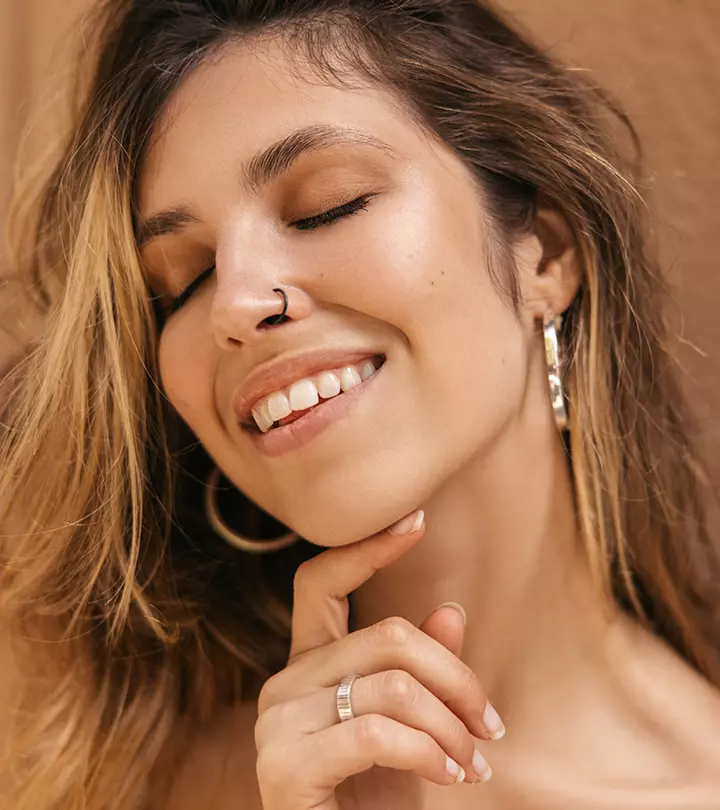

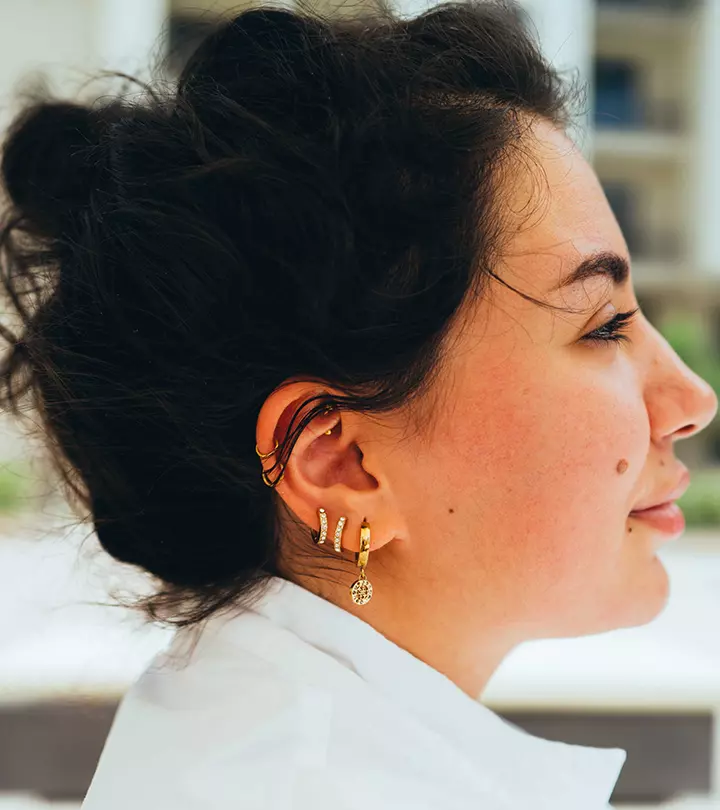
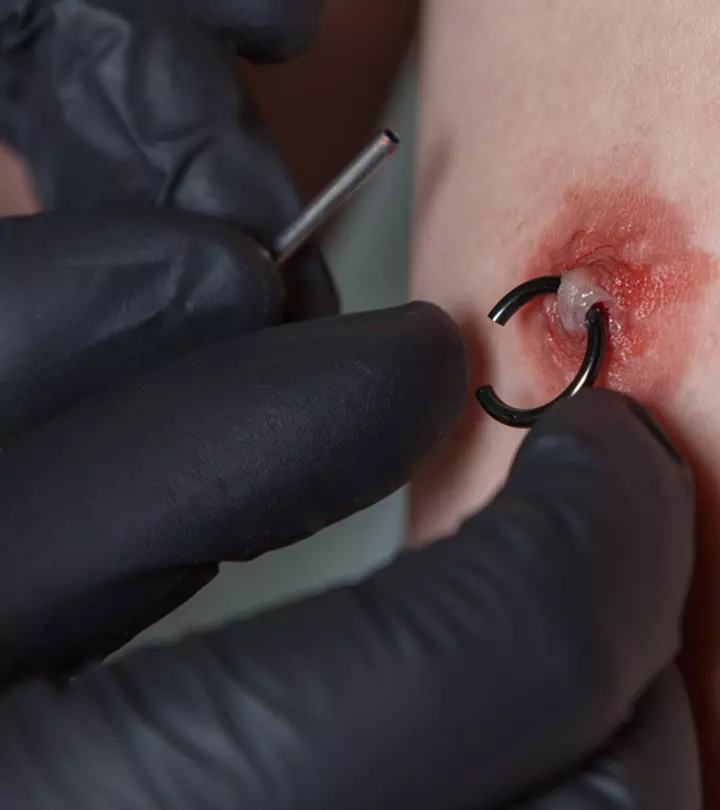

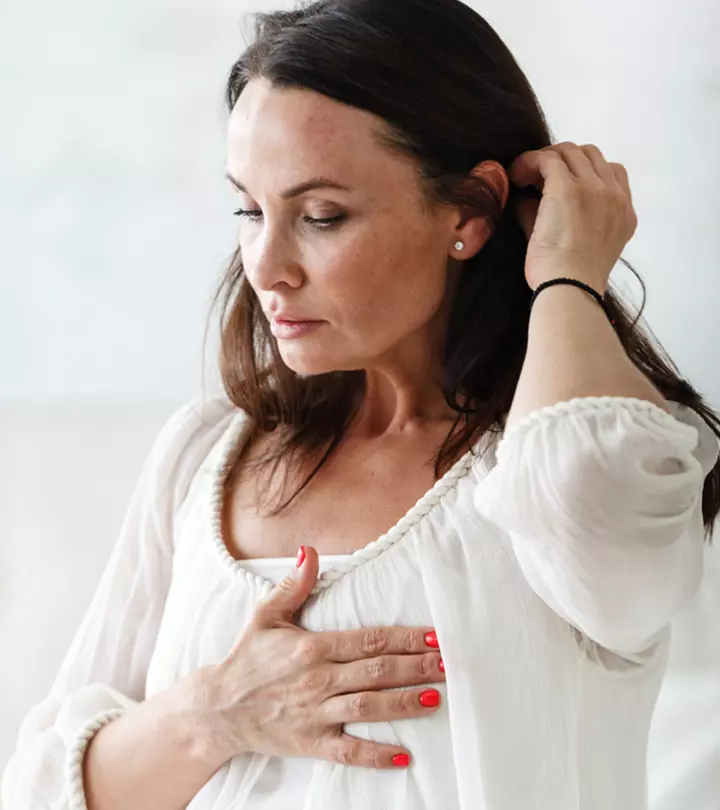
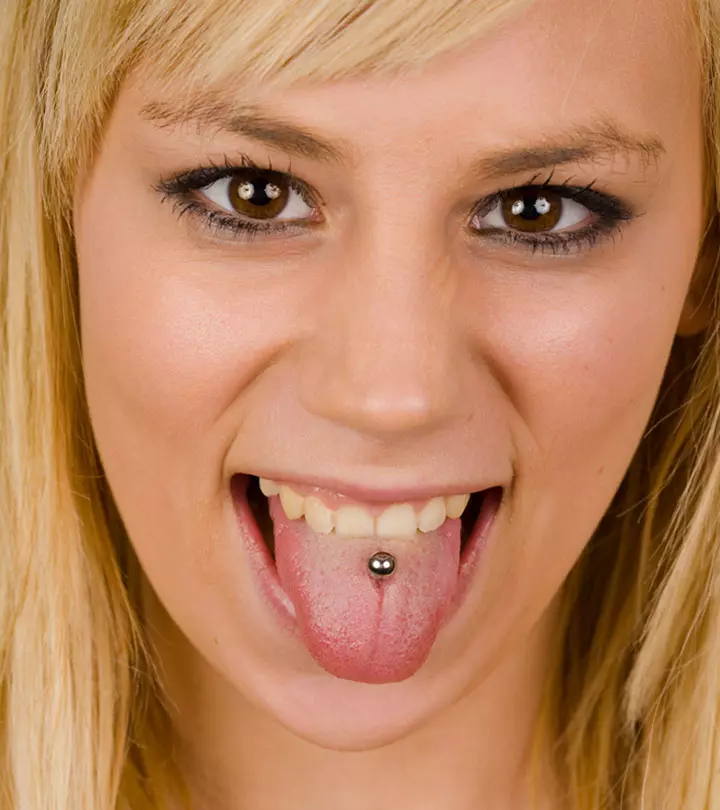
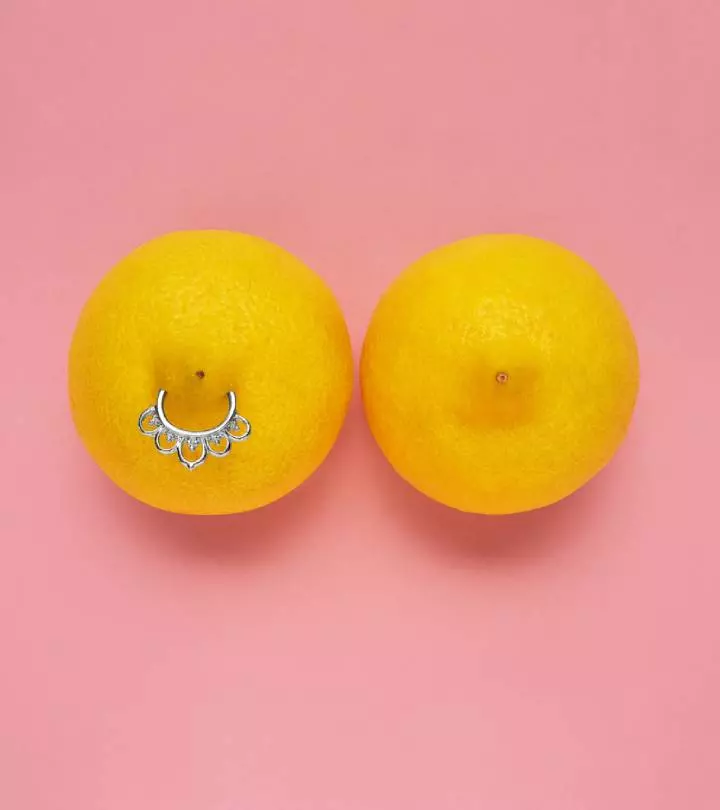
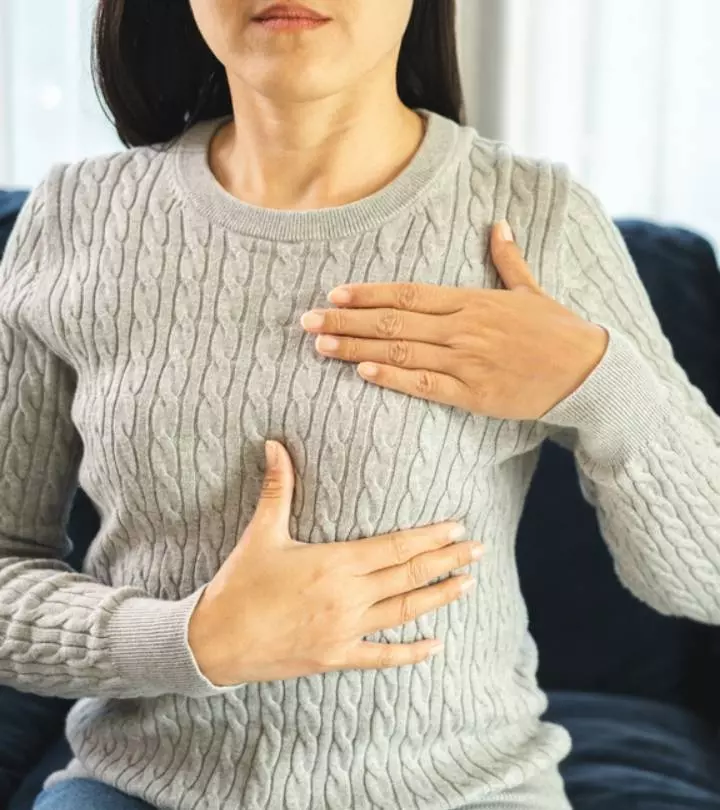

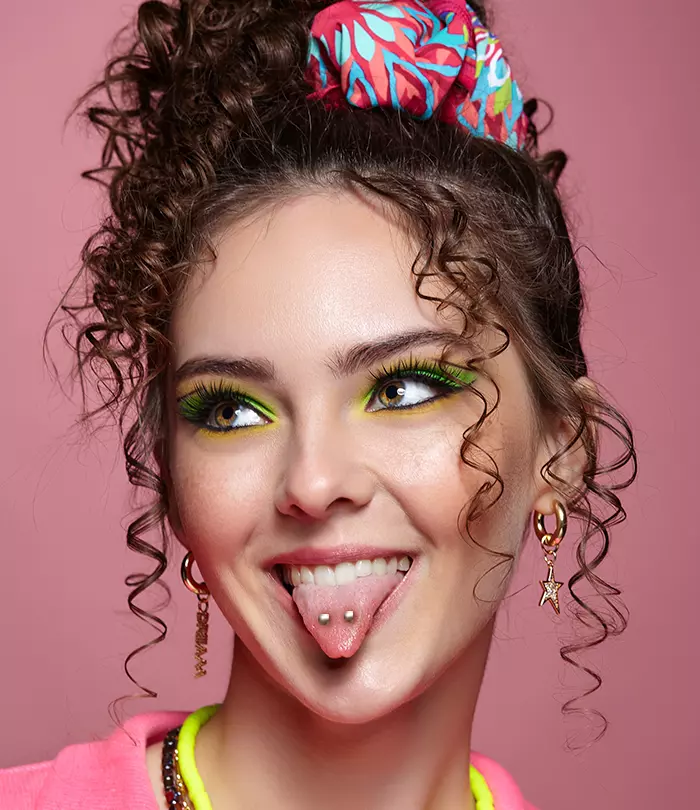
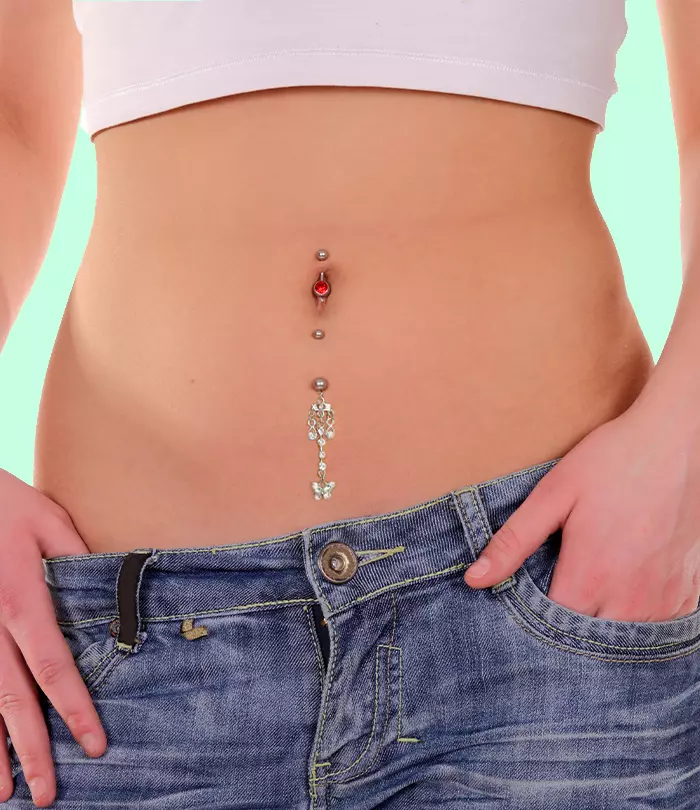
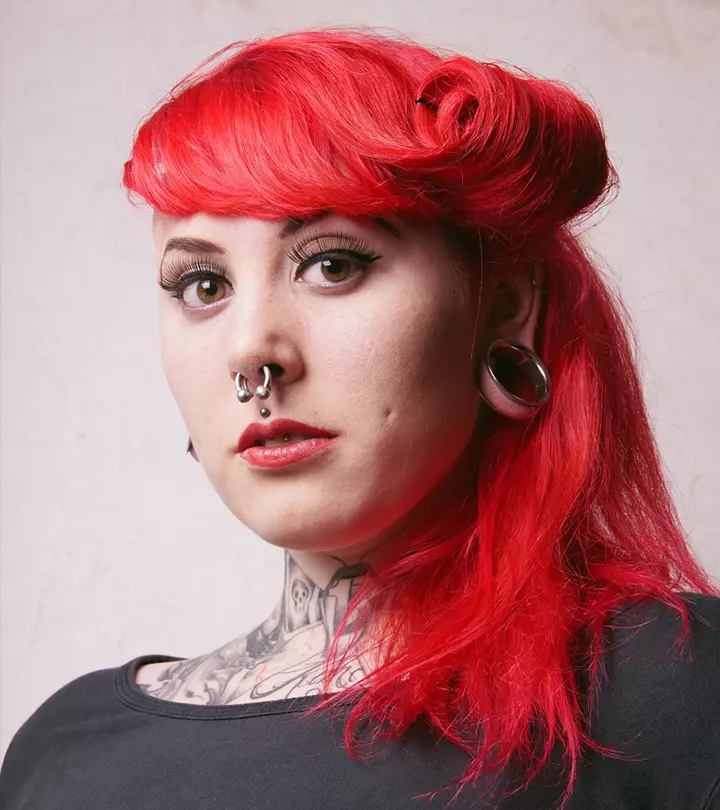
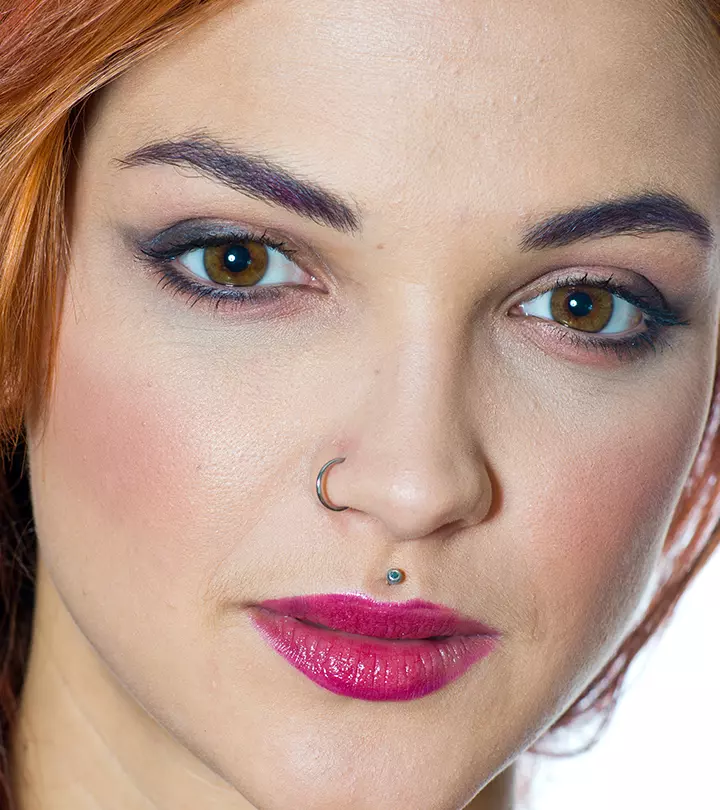
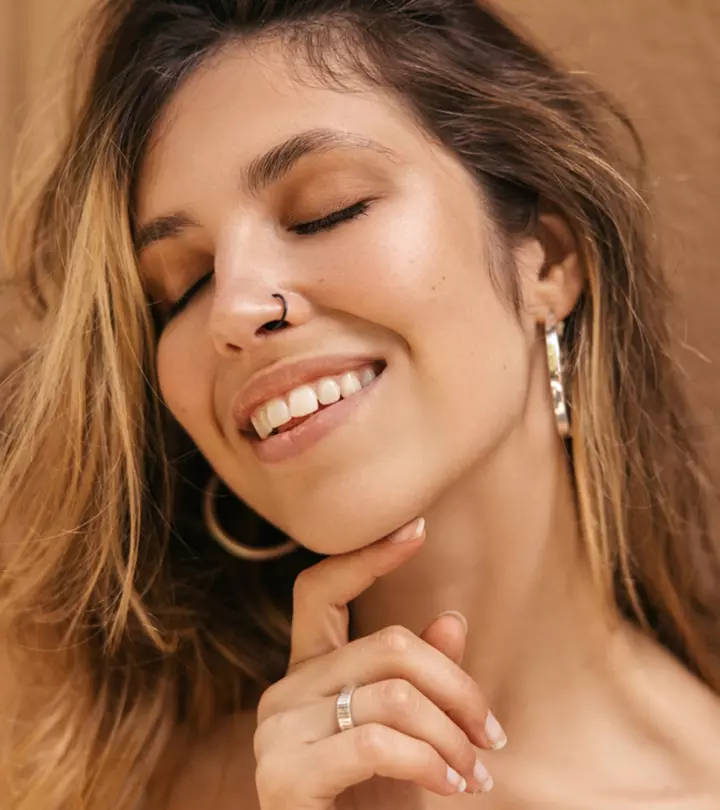
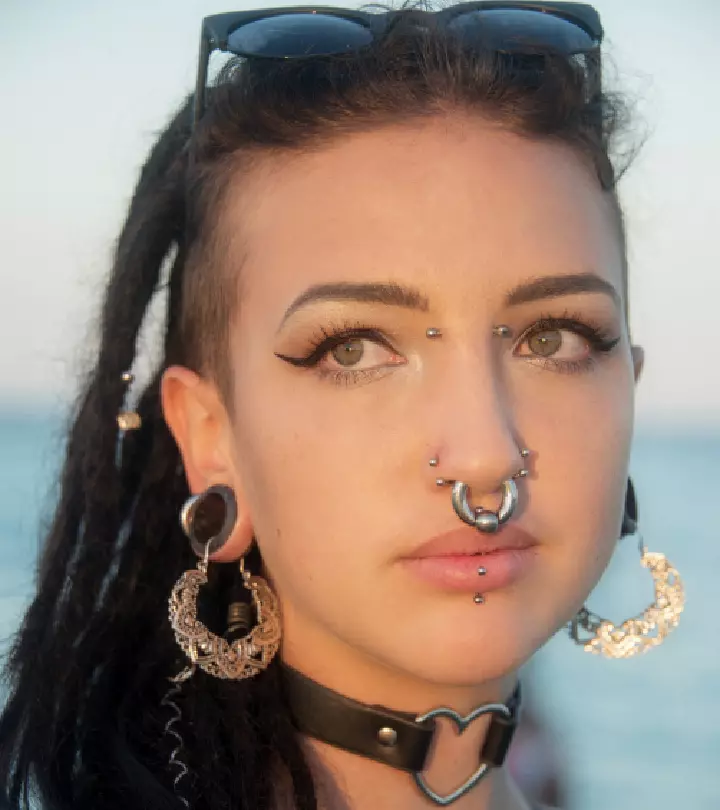
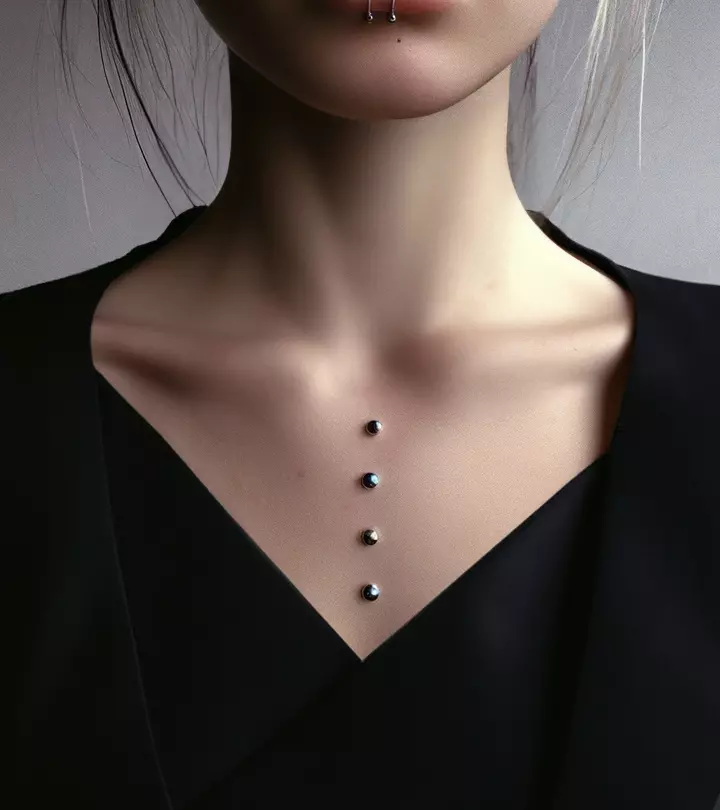
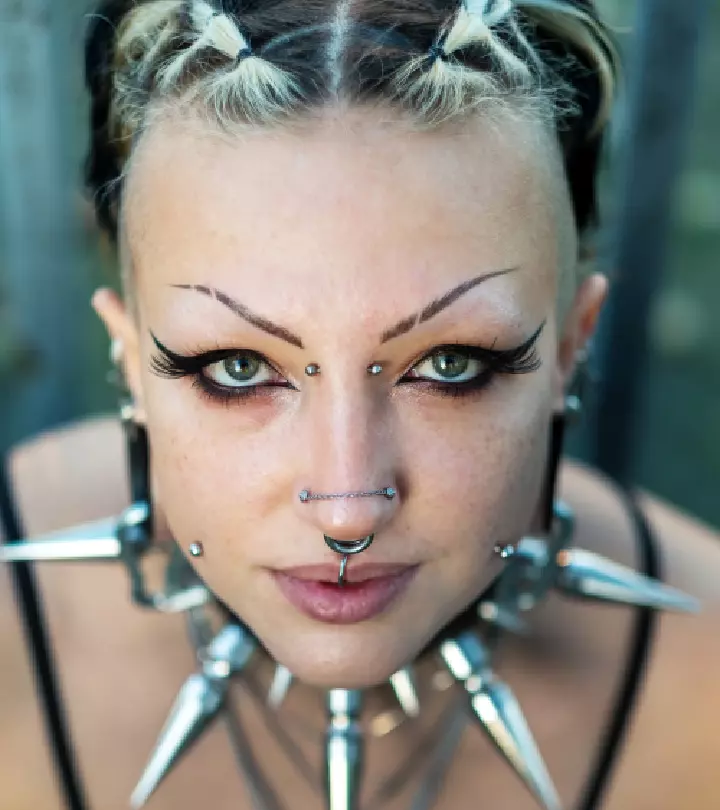

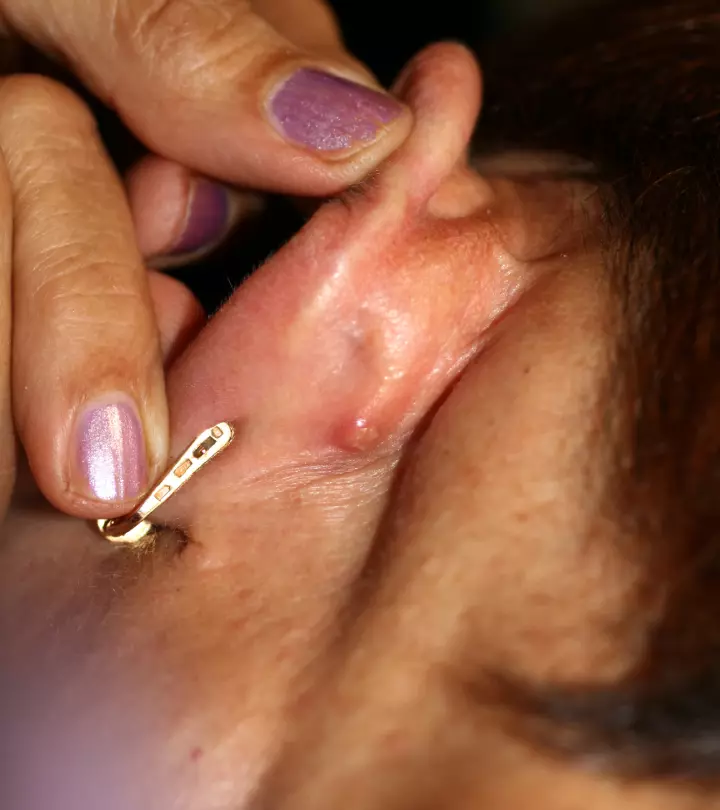

Community Experiences
Join the conversation and become a part of our empowering community! Share your stories, experiences, and insights to connect with other beauty, lifestyle, and health enthusiasts.